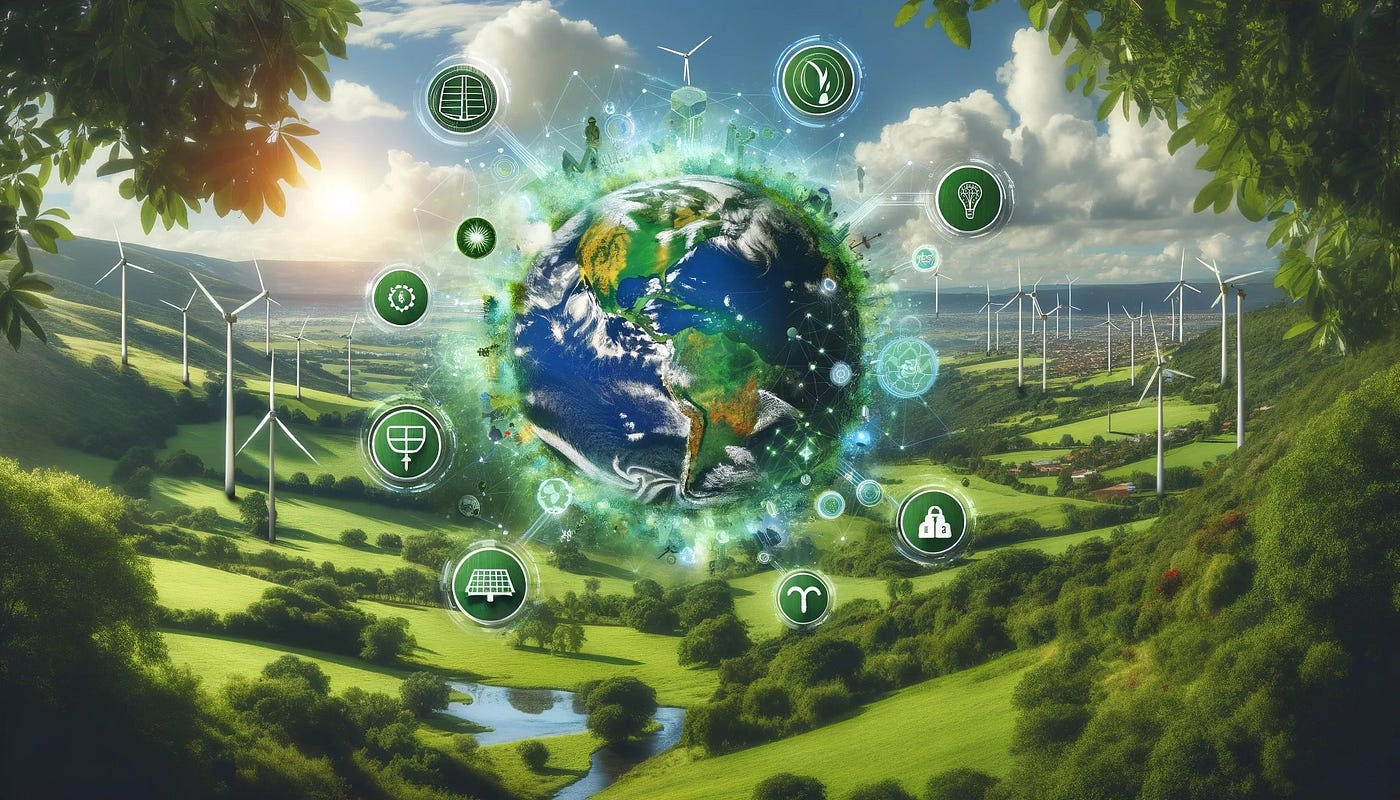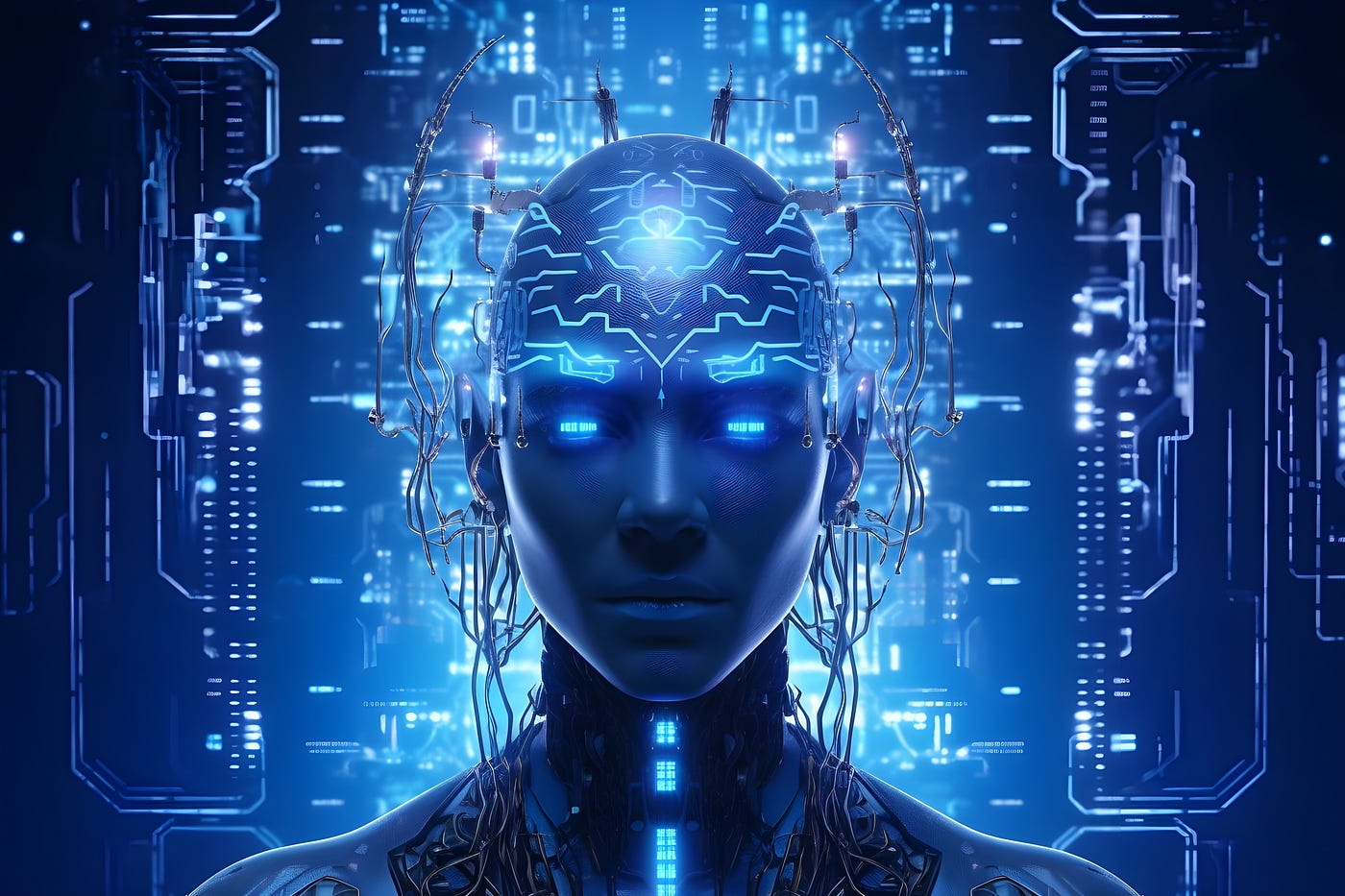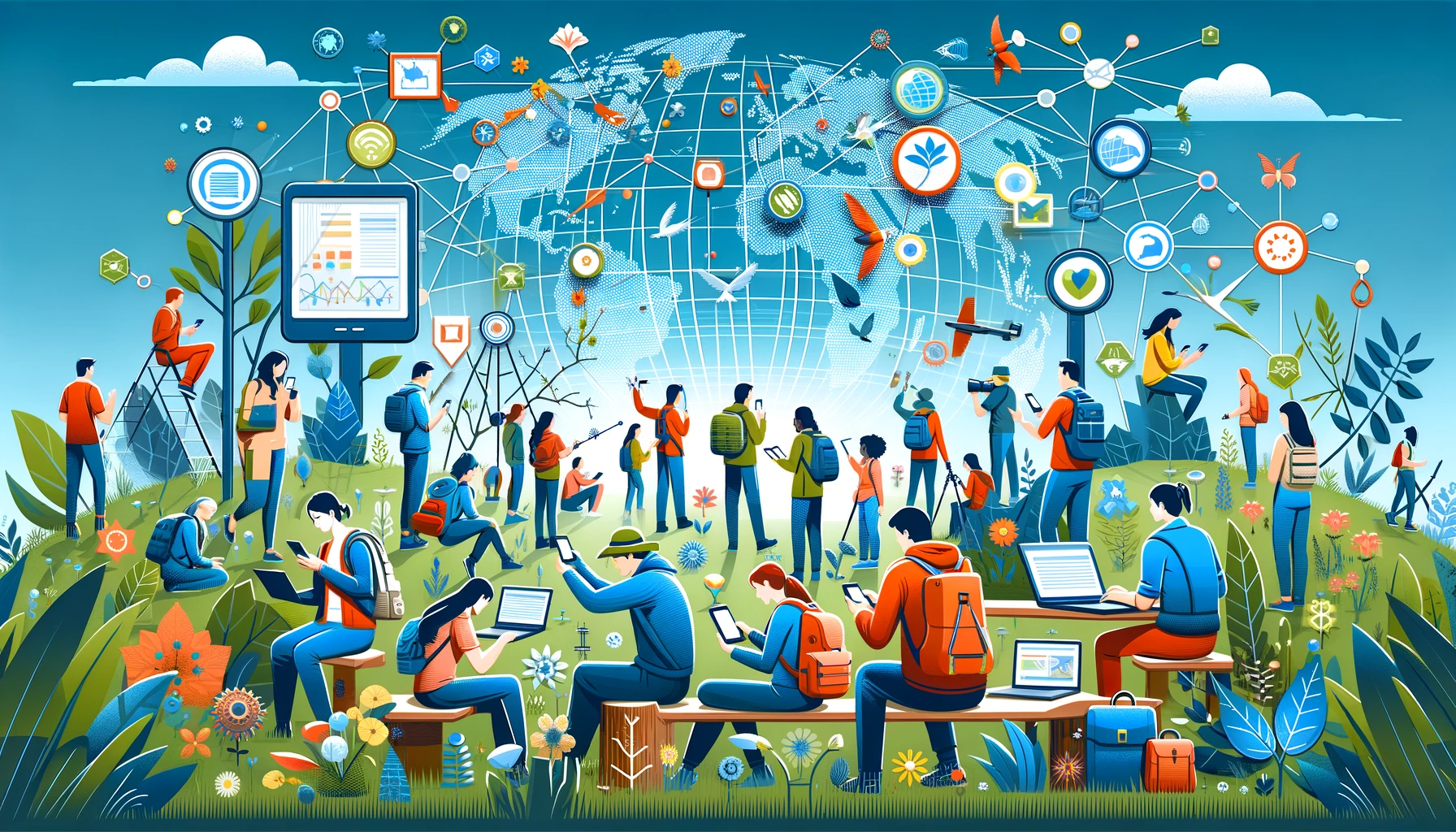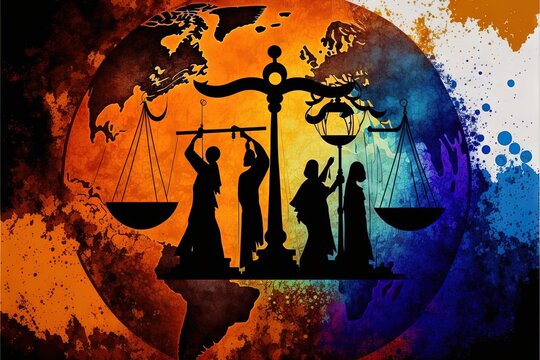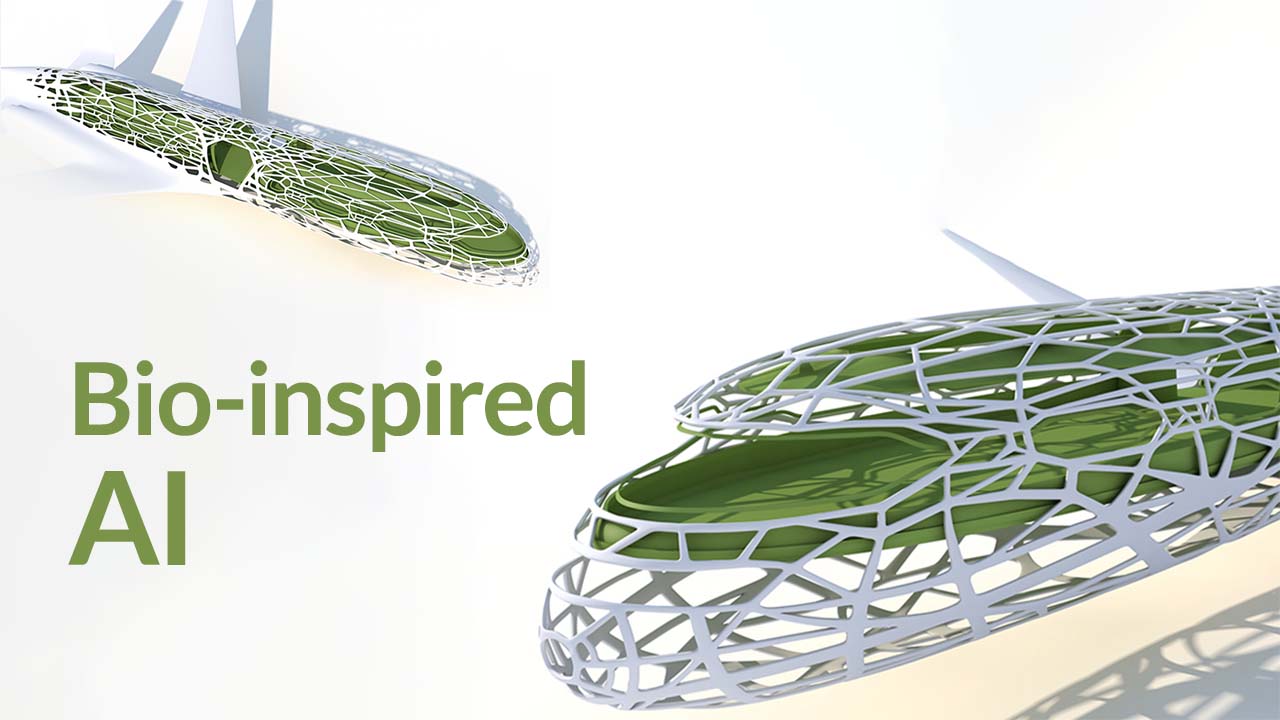Pioneering Green IoT Innovations:...
The internet made it easier for people to communicate across long distances. But when the Internet of Things (IoT) came along, it changed how devices work by letting them connect to the internet too. According to Statista, the number of Internet of Things (IoT) devices worldwide is forecast to almost double from 15.1 billion in 2020 to more than 30 billion IoT devices in 2030.


 AI-Taxi App
AI-Taxi App AI-Food App
AI-Food App AI-Property Mgmt App
AI-Property Mgmt App AI-CRM
AI-CRM AI-Fantasy App
AI-Fantasy App
 Web Development
Web Development App Development
App Development Business & Startup
Business & Startup Hire Developer
Hire Developer
 Digital Marketing
Digital Marketing Lead-generation
Lead-generation Creative Agency
Creative Agency Branding Agency
Branding Agency Augmented Reality
Augmented Reality Virtual Reality
Virtual Reality Internet of Things
Internet of Things Artificial Intelligence
Artificial Intelligence Blockchain
Blockchain Chatbot
Chatbot